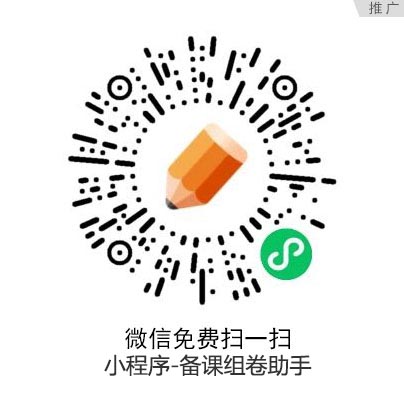试题详情
阅读理解
Chris just found some good information on the Web for his science report about sharks. He marks a paragraph in red which explains that most sharks can't hurt people. Chris copies it and pastes it into his report before continuing his research. Uh-oh. Chris just made a big mistake. Do you know what he did? He committed plagiarism (剽窃)which is not allowed in school,college.
The word plagiarism comes from a Latin word for kidnapping(绑架). You know that kidnapping is stealing a person. Well,plagiarism is stealing a person's ideas or writing. You wouldn't take someone's lunch money or bike,right? Well,someone's words and thoughts are personal property,too.
Chris should have given credit to the author and the website for the information. Why? Because Chris didn't know the information before he came to the website. These aren't his thoughts or ideas. He should have written down the author,the title,and the date it was published. Then he could have added it to the end of his report.
Plagiarism is a form of cheating. However,it's not always easy to tell what is plagiarism and what is not. Sometimes,it's done by accident—you really intended to do your own work,but ended up with some sentences that sound just like something you've read. If you don't tell readers where they come from,you're risking a lot of trouble. But it's sometimes done on purpose and that's just being lazy. By copying whole paragraphs from different places,a kid doesn't have to spend the time thinking about the subject,gathering his or her own thoughts about it.
So even if you put the information into your own words,you still should list the source. Ask yourself,"would I know this if I hadn't read it on that website or in that book?" If the answer is no,list the source.
试题所涉知识点




